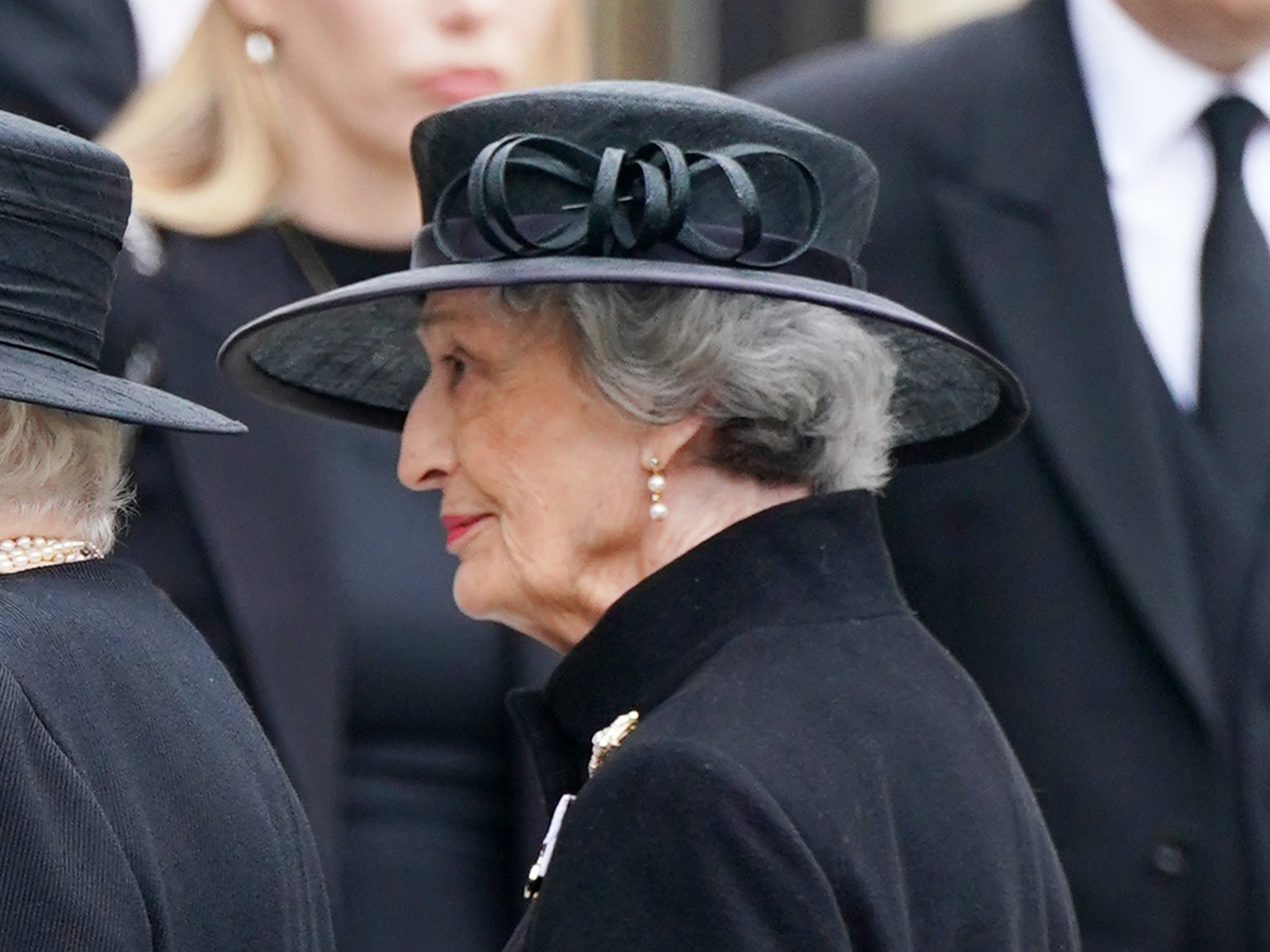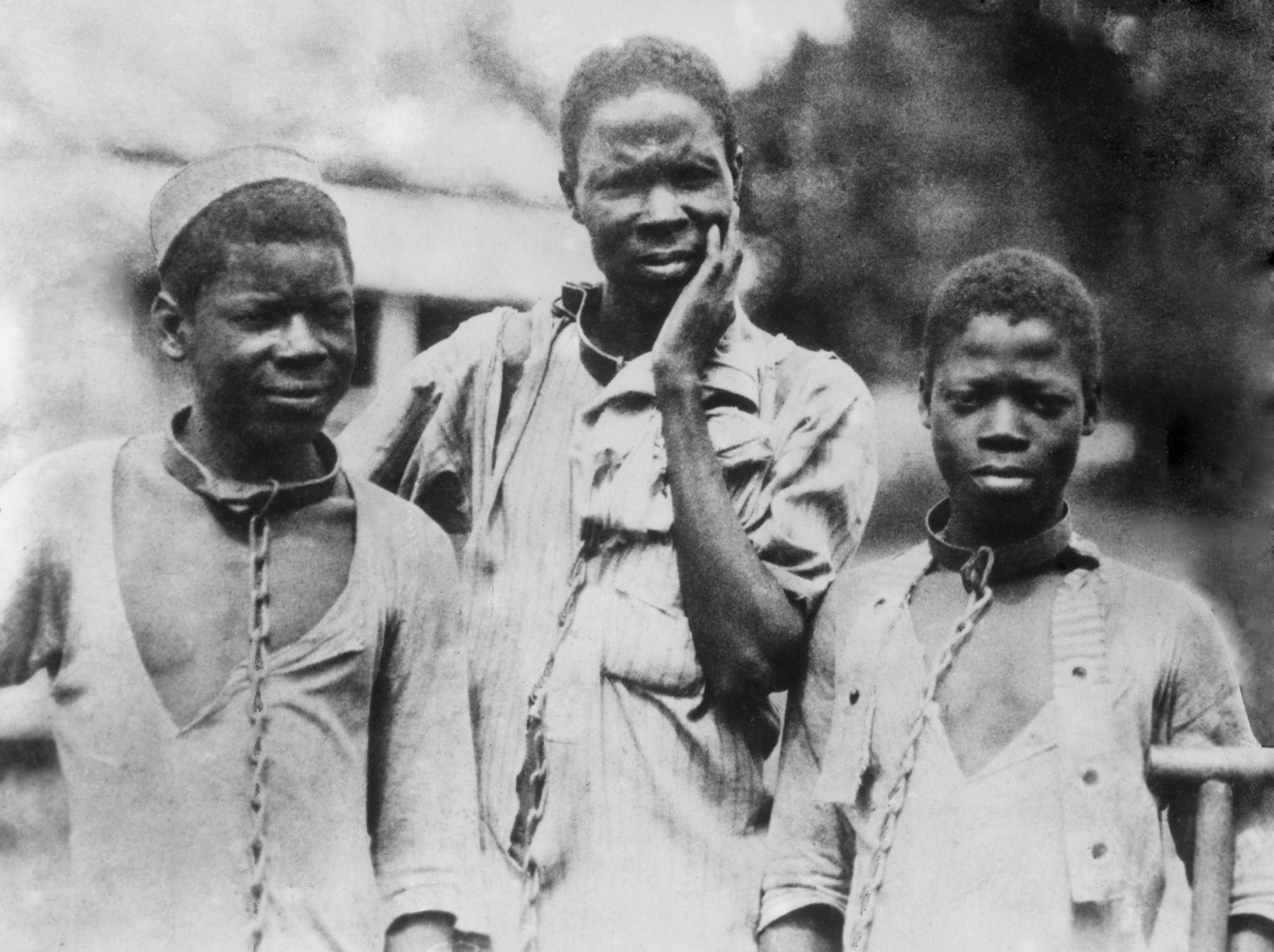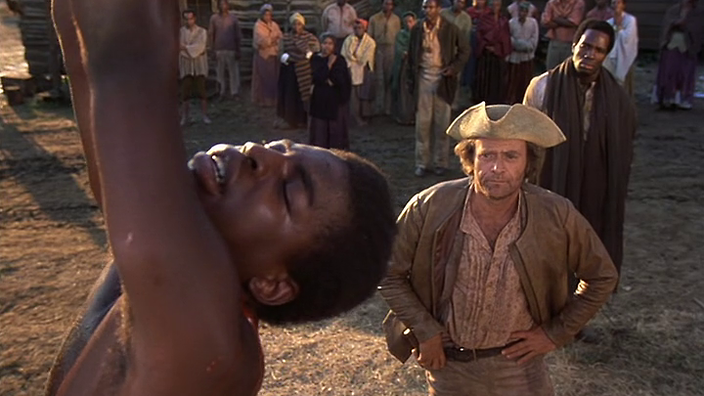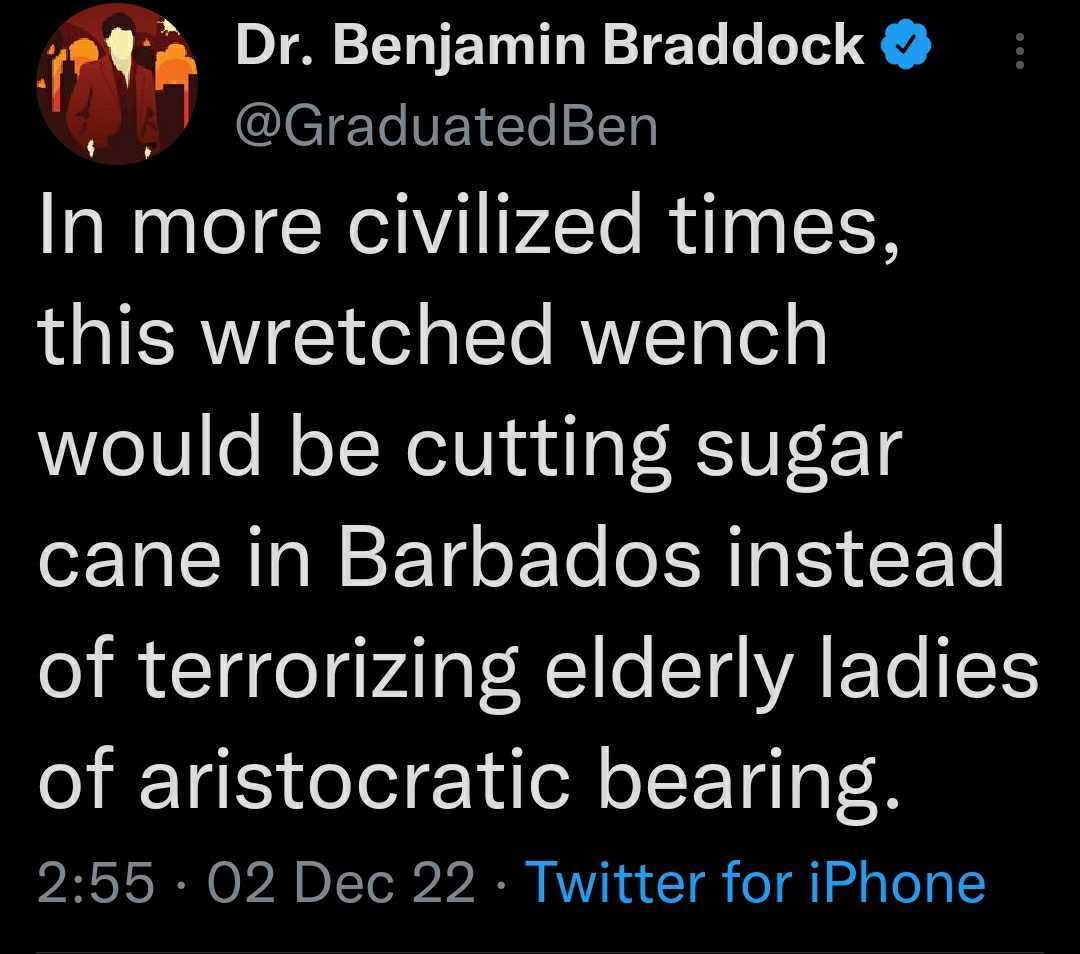Ngozi Fulani’s real name is exactly what she says it is
The great unhinged denounced her as a fraud for celebrating Africa – yet it seems to be lost on the many ignorant members of the public that Black people of Caribbean heritage are mostly of African ancestry

Your support helps us to tell the story
From reproductive rights to climate change to Big Tech, The Independent is on the ground when the story is developing. Whether it's investigating the financials of Elon Musk's pro-Trump PAC or producing our latest documentary, 'The A Word', which shines a light on the American women fighting for reproductive rights, we know how important it is to parse out the facts from the messaging.
At such a critical moment in US history, we need reporters on the ground. Your donation allows us to keep sending journalists to speak to both sides of the story.
The Independent is trusted by Americans across the entire political spectrum. And unlike many other quality news outlets, we choose not to lock Americans out of our reporting and analysis with paywalls. We believe quality journalism should be available to everyone, paid for by those who can afford it.
Your support makes all the difference.Ngozi Fulani, the CEO of a domestic violence charity for Black women, has spoken out about the “horrific online abuse” that she’s endured after courageously speaking out about racism at Buckingham Palace.
The Londoner expressed shock at her treatment by the late Queen’s lady-in-waiting, Lady Susan Hussey, who repeatedly challenged her when she said she was British and touched her hair without consent. Witnesses were present and Lady Hussey later resigned from her honorary role.
No one has disputed what Ngozi said – yet she has suffered the worst type of vitriol and harassment since going public last Wednesday. She was a victim of abuse, othering and racism. She was incessantly probed and had her boundaries violated.
Many of us have observed in horror the mass onslaught of abuse against Ngozi: her name trended on Twitter as sections of the right-wing media attempted to discredit her; poisonous threads were posted on Reddit and half-baked conspiracy theories sprung up on various social media platforms claiming she works for Harry and Meghan.

People dug through her family history craving controversy, while idle individuals trawled through charity documents looking for dirt. Idiots accused her of cultural appropriation because she’s of Caribbean heritage and chose to adopt an African name: Ngozi Fulani.
The great unhinged denounced her as a fraud for celebrating Africa – yet it seems to be lost on the many ignorant members of the public that Black people of Caribbean heritage are mostly of African ancestry. How do you think many of us got to the Caribbean in the first place? It wasn’t in pursuit of an all-inclusive hotel package deal, love.
During transatlantic slavery, which spanned over 400 years in the British royal family’s name, at least 12 million African people were abducted from the continent by white colonialists and forcibly taken to work on plantations across the Caribbean and Americas in the most brutal and dehumanising of conditions. On these plantations, they were worked to death – harvesting crops such as sugar, cotton and tobacco for slavers to sell and become rich from. Many used the proceeds to build infrastructures for their businesses and nations.

Robbed of their homes, families and liberty; cruel European slavers stripped African people of autonomy and forced them to carry European, typically “Christian” monikers as opposed to the “heathen” African names they had.
Their surnames became those of the white men who owned them to reinforce the idea that they were “property”. All reference to (and affinity with) their African names was literally beaten out of enslaved Black people.
Note the infamous scene in Alex Haley’s Roots (1977) where Kunta Kinte was whipped to within an inch of his life until he effectively denounced his actual name in favour of the chosen “Toby” tag. He put up great resistance and almost paid the ultimate price.

These complicated names have been passed down through generations until the present day. Some choose to carry it as a form of reappropriation in writing their own stories under that bloodstained banner; others, like Ngozi, take another name that celebrates their roots. There’s no right or wrong approach to this... but it is staggering that people don’t realise most Black people are essentially carrying the names of their ancestors’ captors.
Pascoe St Leger Grenfell, Lady Hussey’s own relative, was one such slaver involved in the barbaric practice of enslaving Black people in Jamaica, where some of Ngozi’s family members hail from. The connection between both ladies goes deeper than many of us may realise.
In any case: descendants of enslaved African people like Ngozi have every right to celebrate their ancestry by taking a name that reflects their lineage… if they so choose.
Given that so few records exist regarding the identities and families of the African people who were caught up in Britain’s brutal regime of enslavement, it is often hard for their modern-day descendants to trace family lineage beyond a certain point.
So, like Ngozi told Lady Hussey, “they” (the slavers) didn’t leave any records relating to her relatives’ addresses in Africa, and it isn’t as simple as “you must know where you’re from”. Many of us don’t – not exactly, beyond a slight inkling about the region.
This means that, unlike our white counterparts, we must navigate our lives without truly knowing much of our lineage, least of all our indigenous names, due to the interruption of slavery. Think about that.

As such, people looking to change their name in celebration of Africa may choose any one that they see fit. My name is European and my surname comes directly from the slaver who owned my people. Years ago, I took a name in my personal life – as is my right – that glories my ancestry (which is partly comprised of Nigerian roots among other wonderful strands that make up the fabric of my being).
Ngozi is of African descent and the vast majority of enslaved Africans who were brought to Barbados – where some of her family is from – came from the Bight of Biafra, which is in the region of Nigeria.
Ngozi means “blessing” in Igbo. “Fulani” refers to one of the largest ethnic groups hailing from Western Africa.
“What’s in a name?” you ask. Well, everything. For many of us, names carry a prophetic quality and, certainly, it’s an emblem, a coat of arms and a gift to be bestowed for all intents and purposes.
Words, labels and designations are infused with power and the capacity to exalt and propel. To coin the Yoruba proverb: a good name is more precious than gold and silver.
Conversely: In 1917, the name of the British royal house was changed from the German Saxe-Coburg and Gotha to the English Windsor because of anti-German sentiment in this country during the First World War.
So, the royals were allowed to shun their roots and conveniently avoid a wartime PR crisis by changing their name, but Africans can’t choose names that align with their ancestry without being harassed? This hardly seems fair.
Ngozi Fulani’s real name is Ngozi Fulani because she has claimed it as such. Put some respect on it.
